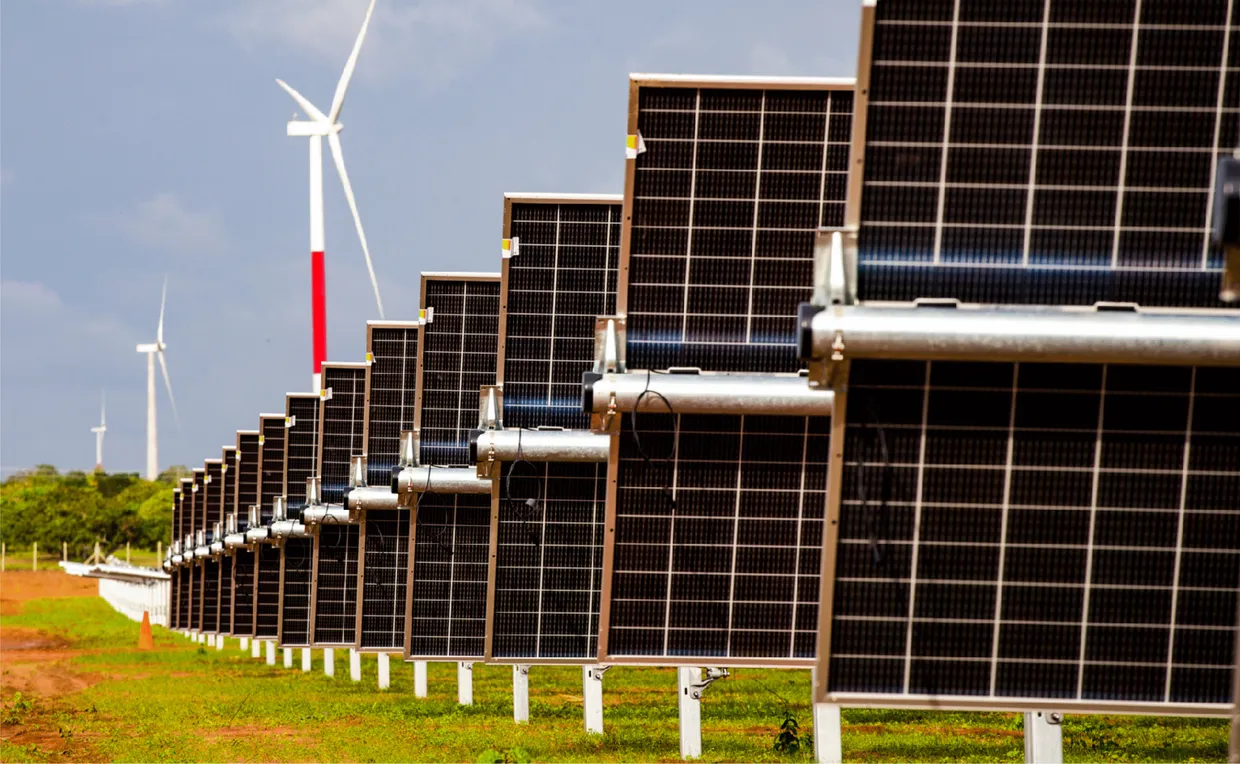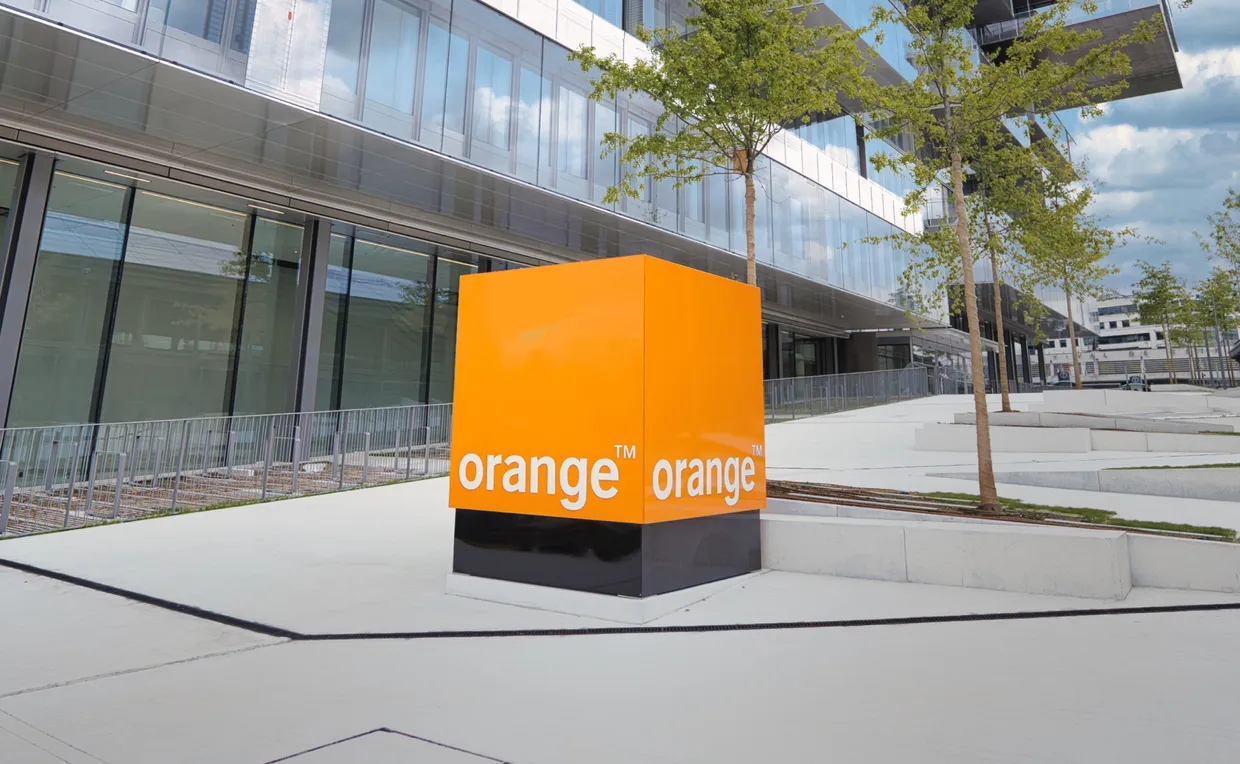Solution
Ocean Bottle selected Sweep, a comprehensive sustainability data management tool, for its ability to convert complex measurement data into a clearly readable tree structure, identify emission hotspots, and offer advanced reduction modelling scenarios. Its focus on value chain emissions was of particular importance to Ocean Bottle.
Sweep’s hotspot-identification functionality enabled Ocean Bottle to see a growing problem with its shipping and air freight emissions.
Ocean Bottle has historically only resorted to air freight for unavoidable exceptions, but points out that the environmental impacts of this transportation method are much greater per unit shipped – and therefore a key area upon which to focus reduction efforts.
The Impact team worked with shipping partners and the company’s own Operations Team to track 100% of its air freight shipments using activity-based measurements. Sweep’s software enabled Ocean Bottle to set up a clear internal process to accurately measure air freight emissions based on weight, departure and destination. In order to act on this data, the company created and implemented an air freight budget to be shared across departments.






